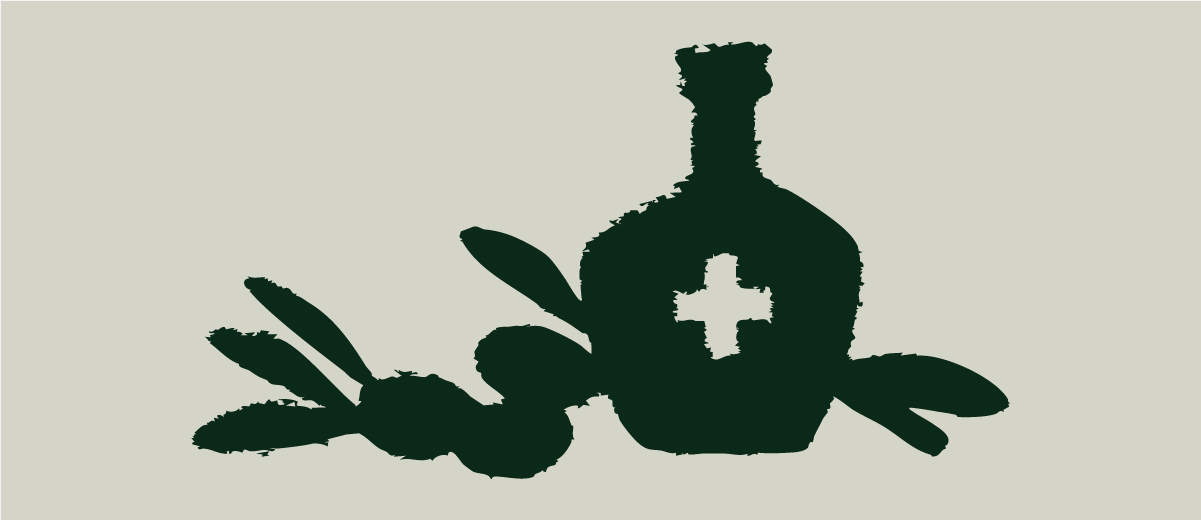This week on the Olive Health Information System website
The newsletter of the University of Navarra and the IOC dedicated to health
Article 1
The olive oil industry, deeply rooted in Mediterranean culture and expanding worldwide, faces growing pressure to address sustainability challenges. Large amounts of by-products, such as olive leaves and pomace, are often discarded, posing environmental concerns but also offering untapped opportunities. Recent research highlights how these materials can be transformed into valuable bioactive ingredients, opening new avenues for health, food safety, and cosmetic innovation.
One line of research has focused on olive leaves, an abundant residue from oil production. In this study, proteins from olive leaves were hydrolyzed with the enzyme Alcalase and analyzed through advanced peptidomic techniques. Thousands of peptides were identified, and several were predicted to possess antimicrobial activity based on computational tools and molecular docking simulations. These findings support olive leaf protein hydrolysates as a sustainable source of antimicrobial candidates, although experimental validation is required to substantiate their functional activity and therapeutic applicability.
In parallel, olive pomace, which represents about 85% of processed olive material and poses environmental risks when improperly discarded, has been examined as a rich source of bioactive compounds for skin applications. Using eco-friendly solvents (water and 1,3-propanediol), researchers obtained extracts rich in hydroxytyrosol and oleuropein that showed strong antioxidant effects, the ability to neutralize harmful free radicals, and protection against fat oxidation that even surpassed vitamin E. Using advanced high-resolution mass spectrometry, researchers identified 33 compounds, and the extracts also showed antiglycation potential. When incorporated into a cosmetic emulsion, the formulation kept its antioxidant power, supporting olive pomace as a safe, eco-friendly ingredient with promising use in skin barrier protection and cosmetic product development.
Together, these studies illustrate how olive by-products can be repurposed into high-value, functional ingredients. Beyond reducing waste and environmental impact, this approach strengthens the circular economy in the olive oil sector while responding to consumer demand for natural, safe, and sustainable solutions. From antimicrobial peptides to skin-protective extracts, olive by-products hold remarkable potential to drive innovation in health, food, and cosmetics—reshaping the perception of waste into a resource for the future.
Article 2
Extra virgin olive oil is a cornerstone of the Mediterranean diet, celebrated for its richness in heart-healthy monounsaturated fats and powerful antioxidants. Regular consumption has been shown to support cardiovascular health and reduce the risk of frailty, disability, and cognitive decline, thereby promoting long-term well-being.
Recent research also suggests that the Mediterranean diet can deliver immediate cognitive benefits. In a study of adults with a mean age of 54 years, researchers examined the short-term effects of adopting the diet on cognitive performance. Participants who improved their adherence showed better cognitive function the very next day, with gains observed in episodic memory, executive functioning, and processing speed. These improvements were independent of baseline cognitive scores and other lifestyle factors. Importantly, the findings indicate that even small improvements in adherence can rapidly enhance brain function, highlighting the Mediterranean diet as a practical strategy for boosting cognitive health.
Beyond cognition, the Mediterranean diet may also help reduce exposure to harmful environmental chemicals. During pregnancy, this is particularly relevant: certain substances known as endocrine disruptors (EDs) can affect both maternal and fetal health. A recent study compared dietary patterns and found that high adherence to the Mediterranean diet was linked to lower exposure to EDs. This is likely due to its emphasis on fresh, minimally processed foods, organic fruits and vegetables, and reduced reliance on packaged products. By contrast, diets rich in animal protein, ultra-processed foods, or Western-style patterns were associated with higher levels of EDs. These findings suggest that adopting a Mediterranean diet during pregnancy may offer protective benefits by limiting exposure to harmful chemicals and supporting maternal and child health.
Other articles mentioned this week in the OHIS newsletter:
Olive fruit and olive oil
The microbial terroir of the Greek olive varieties
Influence of Olive Oil Components on Ion Channels
Sustainable Olive Pomace Extracts for Skin Barrier Support.
Enhancing hydroxytyrosol stability via site-specific glucosylation
Cancer
Cognitive function
Diabetes
Cardiovascular disease
Basic research
Intestinal health
Reproductive health
Healthy and unhealthy dietary patterns and sperm quality from the Led-Fertyl study.
Liver disease
Metabolic syndrome and its components
Endocannabinoid and AGE Interactions in Prediabetes: The Role of Mediterranean Diet Adherence.
Dietary patterns and accelerated multimorbidity in older adults.
Women’s health
Immune system
Bone health
Brain health
Ketogenic Diet for Epilepsy: The Olive Oil Effect to Optimization. A Narrative Review.
Cardiovascular disease and cancer
Mortality
Other topics
Validation of KIDMED 2.0 PL-Mediterranean Diet Quality Index for Polish Children and Adolescents.
Effect of MIND diet on oxidative stress markers in multiple sclerosis.
Dietary patterns and exposure to non-persistent endocrine-disrupting chemicals during pregnancy.









